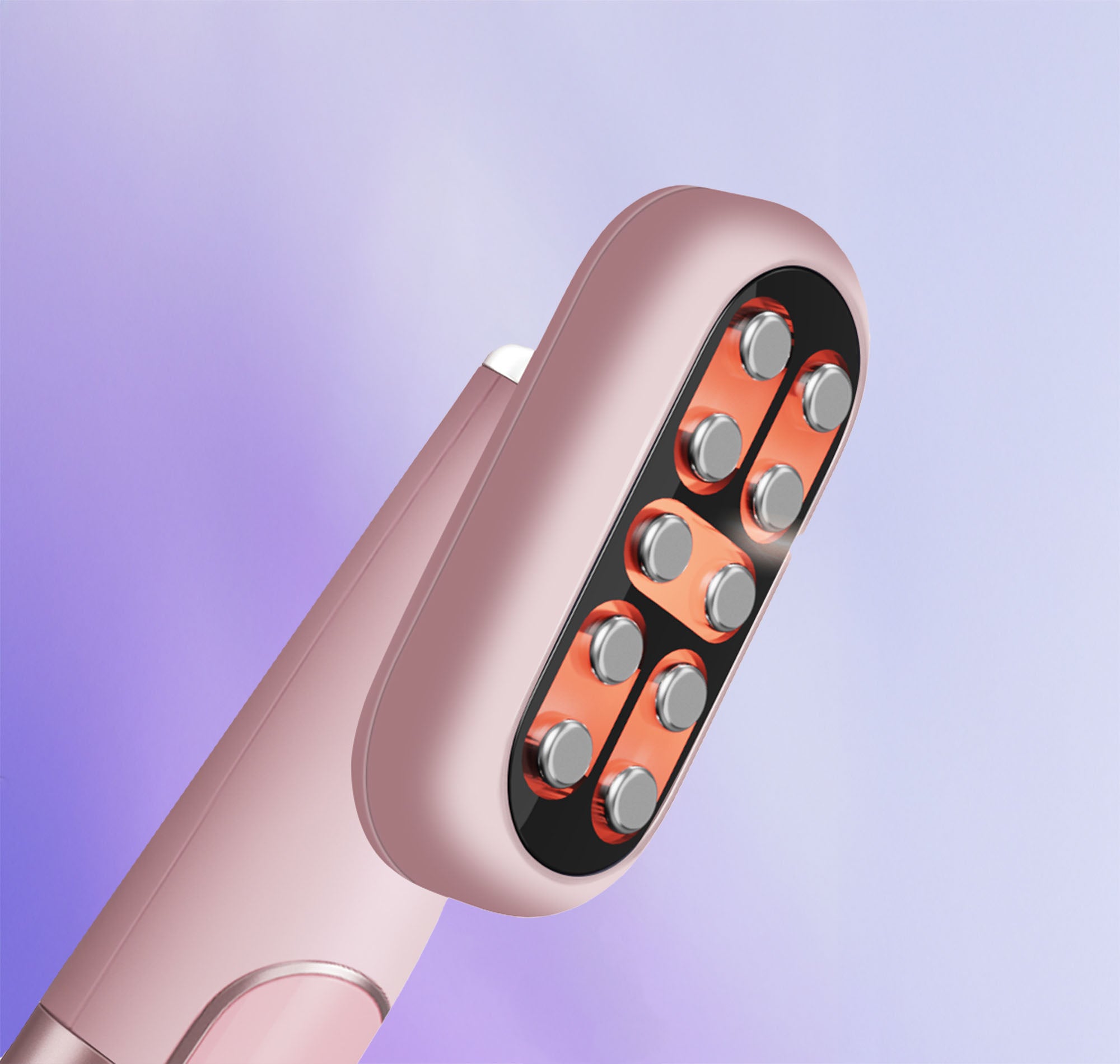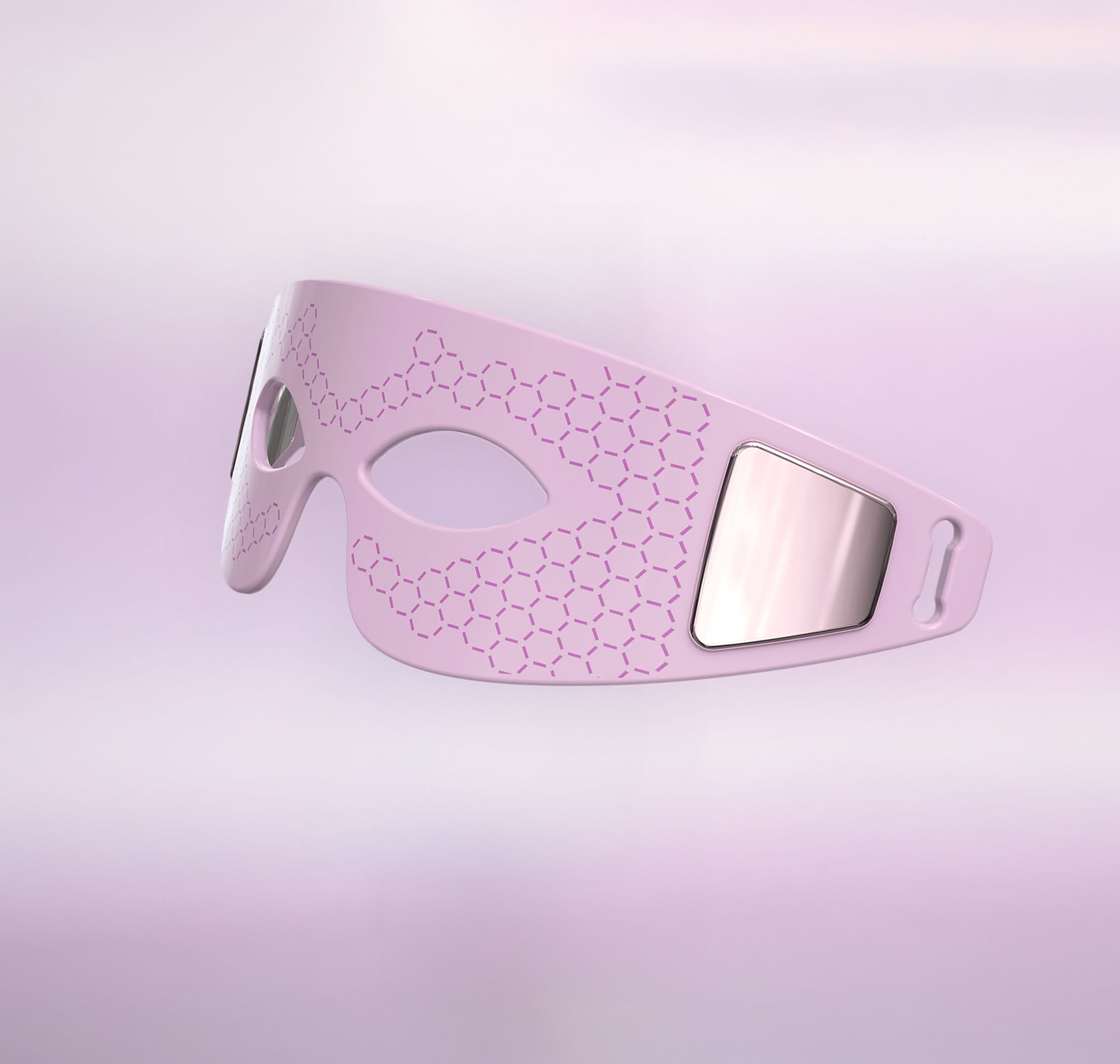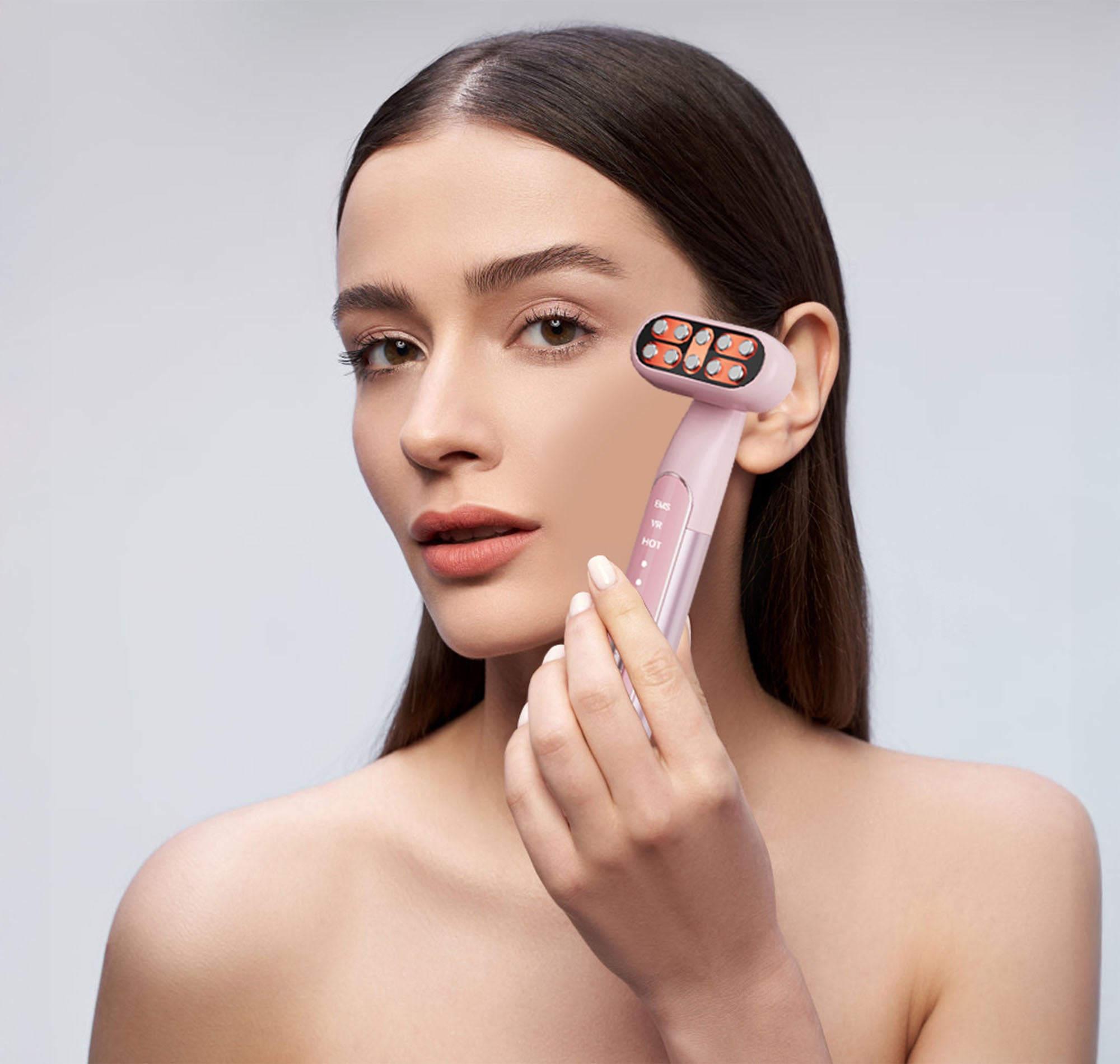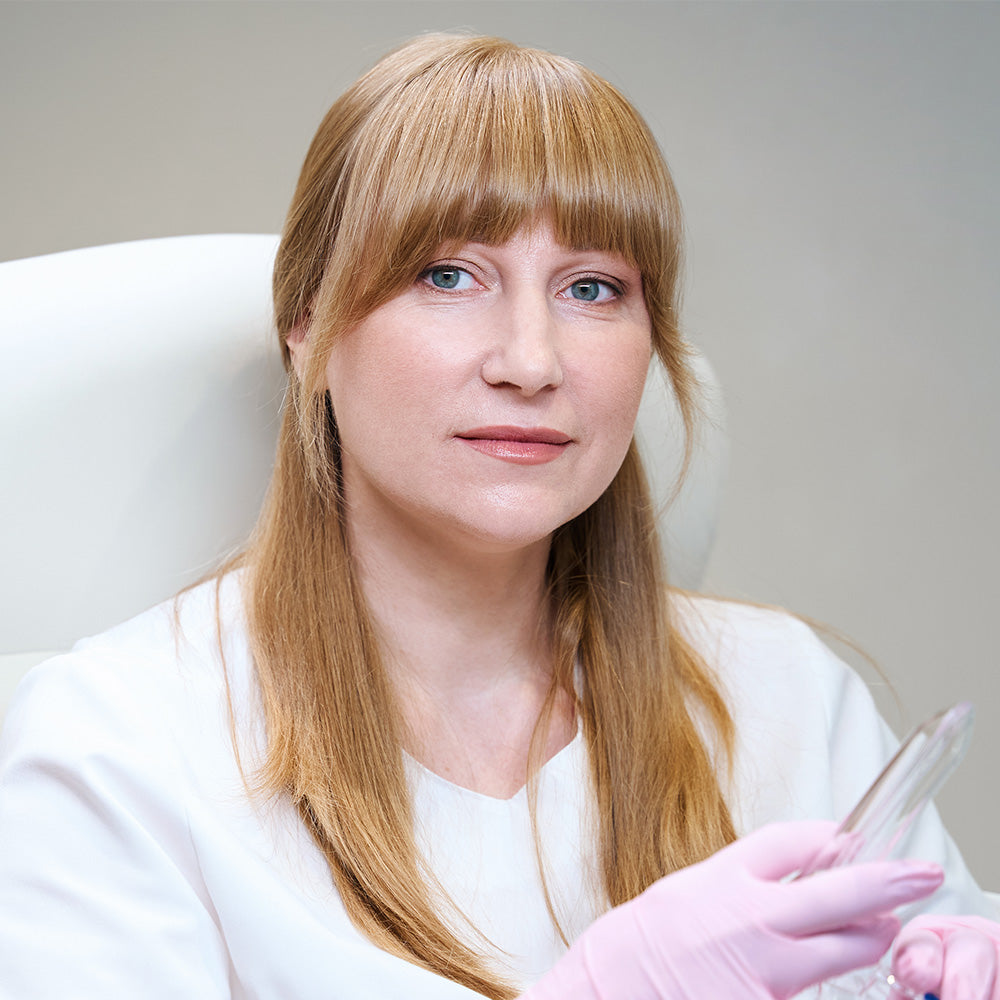The skincare industry is full of advice—but not all of it is true. Some myths have been around for so long that people just assume they’re facts. But believing the wrong advice can waste your money, damage your skin, or make your problems worse.
Let’s set the record straight. Here are 5 skincare myths you need to stop believing—plus what actually works.
1. “You Need to Wash Your Face Multiple Times a Day to Prevent Acne”
Overwashing your face strips your skin of natural oils, which can actually cause more breakouts. When your skin gets too dry, it produces even more oil, leading to clogged pores.
✅ What actually works: Wash your face twice a day with a gentle cleanser. If your skin feels tight after washing, you’re overdoing it.
2. “The More Skincare Products You Use, the Better”
A 10-step skincare routine might look impressive, but layering too many products can irritate your skin and make it worse. Mixing too many active ingredients can also cause redness, breakouts, and sensitivity.
✅ What actually works: Stick to 3-5 essential steps: Cleanser, treatment (like light therapy or serums), moisturizer, and SPF during the day. Consistency is more important than quantity.
3. “Acne Means Your Skin Is Dirty”
Acne is not caused by dirt. It’s caused by bacteria, oil production, hormones, and inflammation—things that have nothing to do with how “clean” your skin is. Scrubbing your face aggressively won’t make acne go away—it’ll just make it red and irritated.
✅ What actually works: Instead of over-cleansing, use blue light therapy to kill acne-causing bacteria and red light therapy to reduce inflammation. A balanced routine is better than an extreme one.
4. “You Don’t Need Sunscreen If It’s Cloudy”
UV rays don’t care about the weather. Up to 80% of UV rays pass through clouds, which means your skin is still getting sun exposure—even if you can’t see it. Sun damage leads to wrinkles, hyperpigmentation, and even worsens acne scars.
✅ What actually works: Wear SPF 30+ every day, no matter the weather. It’s the #1 anti-aging skincare product you can use.
5. “Skincare Can Shrink Your Pores”
Pores don’t open and close like doors—their size is mostly determined by genetics. While some products claim to “shrink” pores, they can only reduce the appearance of pores by keeping them clean and less noticeable.
✅ What actually works: Exfoliation, hydration, and light therapy can keep pores clear, making them look smaller. But no product can actually “shrink” them permanently.
Final Thoughts
Skincare shouldn’t be about guesswork or misinformation. The best results come from science-backed treatments that work with your skin—not against it.
That’s why Lightwave was created—to take the confusion out of skincare and give you real results with red and blue light therapy.
No myths. No marketing gimmicks. Just clear, healthy skin—backed by science.


























